Textbooks or Tablets? What’s a School to Do?
April 4, 2014
Tablets are the Way to Go
by Jonny Tank
In the technologically advancing world that we live in today, we have to ask ourselves, tablets or textbooks? Tablets like an iPad can hold all of the information a textbook can, and save a lot of space and are good for many other tasks.
Tablets are unfortunately expensive, but a single tablet can hold infinite textbooks, turning the price around to how expensive 10 textbooks are. Textbooks in college can cost upwards of $200, and are big, heavy, and are always limited to how much information they can have in them. Page after page, textbooks can be damaged easily and have to be replaced every 3 or 4 years.
During the 2011-2012 school year, more than 13,700 students were treated for backpack related injuries in doctors offices, hospitals, and 5000 cases in the emergency room for things such as contusions, sprains, and other injuries related to having a heavy backpack. An average textbook weighs about 10 pounds. The iPad Mini weighs approximately 1.05 pounds. If you’re interested in math, 10 tablets weigh almost the same as 1 textbook.
The tablet industry is exploding, growing much faster than the textbook industry. The tablet industry is $72 billion and the textbook industry is a measly $8 billion. Forty-two percent of adults own a tablet now, and tablets are being purchased for schools and being used in the classroom for activities that textbooks will never be able to do.
Opposing views on tablets are that they are expensive, easy to break, distracting, and costly and time-consuming to fix. Opposers also say that they cause eye strain, and carpal tunnel syndrome.
Textbooks are expensive, easy to damage, and take time to fix if damaged, and are 5 to 6 times thicker than a tablet, making them harder to store. Tablets are only distracting to students if they are being misused, which is easy to correct.
Personally I believe that in a decade, textbooks are going to be phased out due to the resources they take up, and newer technology being available to the public. Textbooks are, and forever will be, a bulkier option than choosing a sleek, new tablet that lets you do multiple things, other than read information.
The only downside to investing in tablets is that they are costly when you purchase them, but they will be worth it as soon as you get a couple of textbooks on them. If you buy tablets and only put a single textbook on them for a single class, unless they are being used all the time for the same class, you are misusing tablets in your school.
Students who used an interactive digital version of an Algebra 1 textbook scored roughly 20% better on tests than the students that used the printed textbook. The fact that the students scored 20 percent higher is saying something about the students using the tablets or how kids are interpreting the work from the tablets. It’s only a matter of time until textbooks are replaced with tablets.
Textbooks Still Rule
by Carter Jacobson
In this new age that we live in, we are surrounded by technology, but that doesn’t mean all technology is good–especially in a high school setting.
When you study or try to do homework with a tablet like an iPad or a Kindle, you are tempted to do other things on the device like surf the web, or play on apps, or even take pictures. All these things are very distracting and will prevent you from getting anything done.
When you read on a tablet for a long time, your eyes can become strained and you can get a series of headaches.
Also tablets are very expensive and can be very fragile and many things can go wrong with them. Tablets are great for playing games or doing things that you like, but they are not good for doing school work.
Textbooks are far better than tablets. Textbooks are easy to use, can be read easy, and are very hard to get distracted by. Textbooks also have been used by schools since school started and they are what kids and used to.
Price is also a factor. If a school decides to get tablets, they can cost hundreds of dollars a piece, so you would have to get enough for your whole class to use and it could end up being very expensive.
Additionally you would have to make repairs to them and keep updating the software and after 3 – 4 years, you’re going to have to get a whole new set of tablets because the ones you have are out of date and they stopped making updates for your current tablet.
Also many students don’t know how to use that technology and it can take a very long time to get them to use it properly. Then you have to deal with kids trying to steal the tablets, or dropping them on purpose or doing other things on the internet that are not school-related. It turns into one big mess that ends up not being worth it to go through all the hassle that tablets bring to the table.
Textbooks are much more durable, and reliable than tablets. If your drop your textbooks, they won’t break or really get damaged at all. They can be used for years and years and will always be reliable.
The biggest argument against textbooks is that they are super bad for the environment because of the number of trees needed to create all that paper.. I agree that they are, but I think that it’s definitely worth giving up a few trees for some textbooks because we use them daily and after they have been used for a few years, they can be recycled so that you can make even more textbooks.
The recycling programs in America has really gotten big over the past few years and now they would be able to take the old books and make new ones, so that argument isn’t really valid anymore.
Overall textbooks are better than tablets. They’re cheaper, more reliable, and they are much more durable. You won’t have problems with people stealing them; you won’t have to worry about updating software on textbooks, and you wont have to worry about electronically “charging” your textbooks which saves a lot of money on the electricity bill. You also won’t have to worry about students surfing the web or playing games on a textbook. Tablets are great for when you’re not in school. Textbooks are the better option in school.








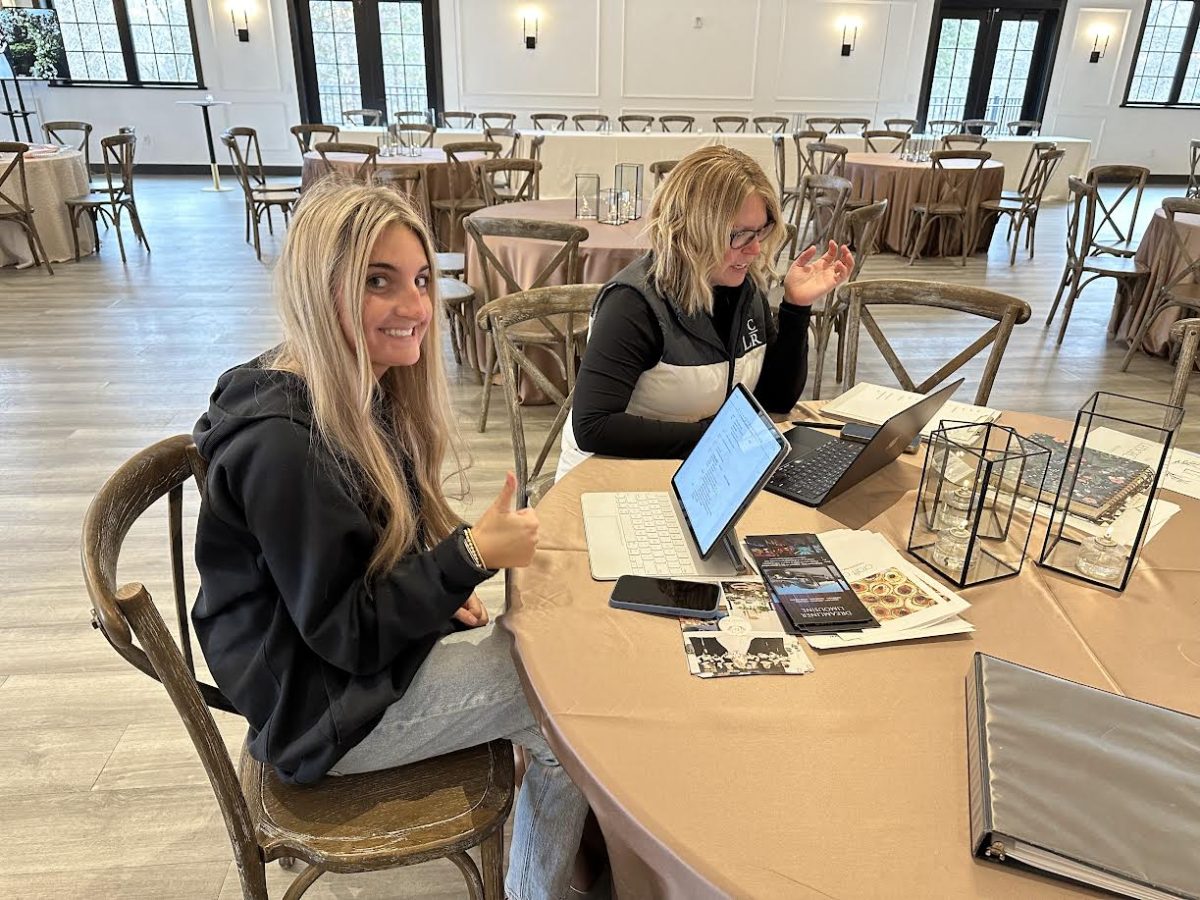



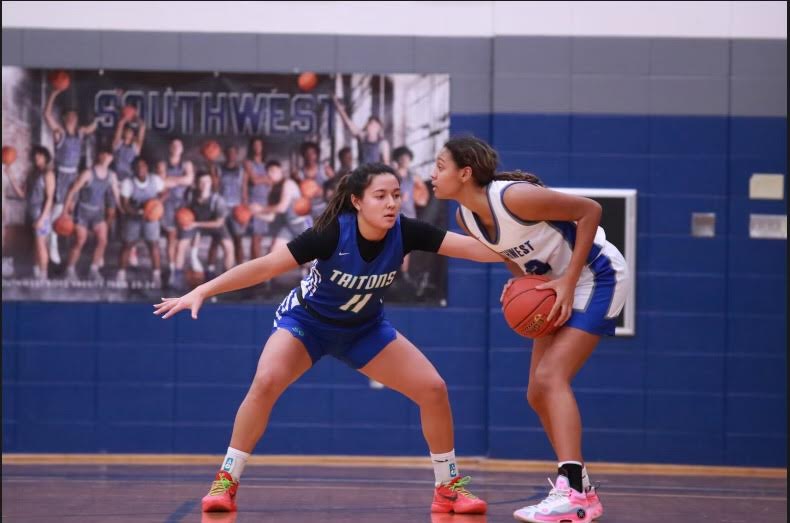
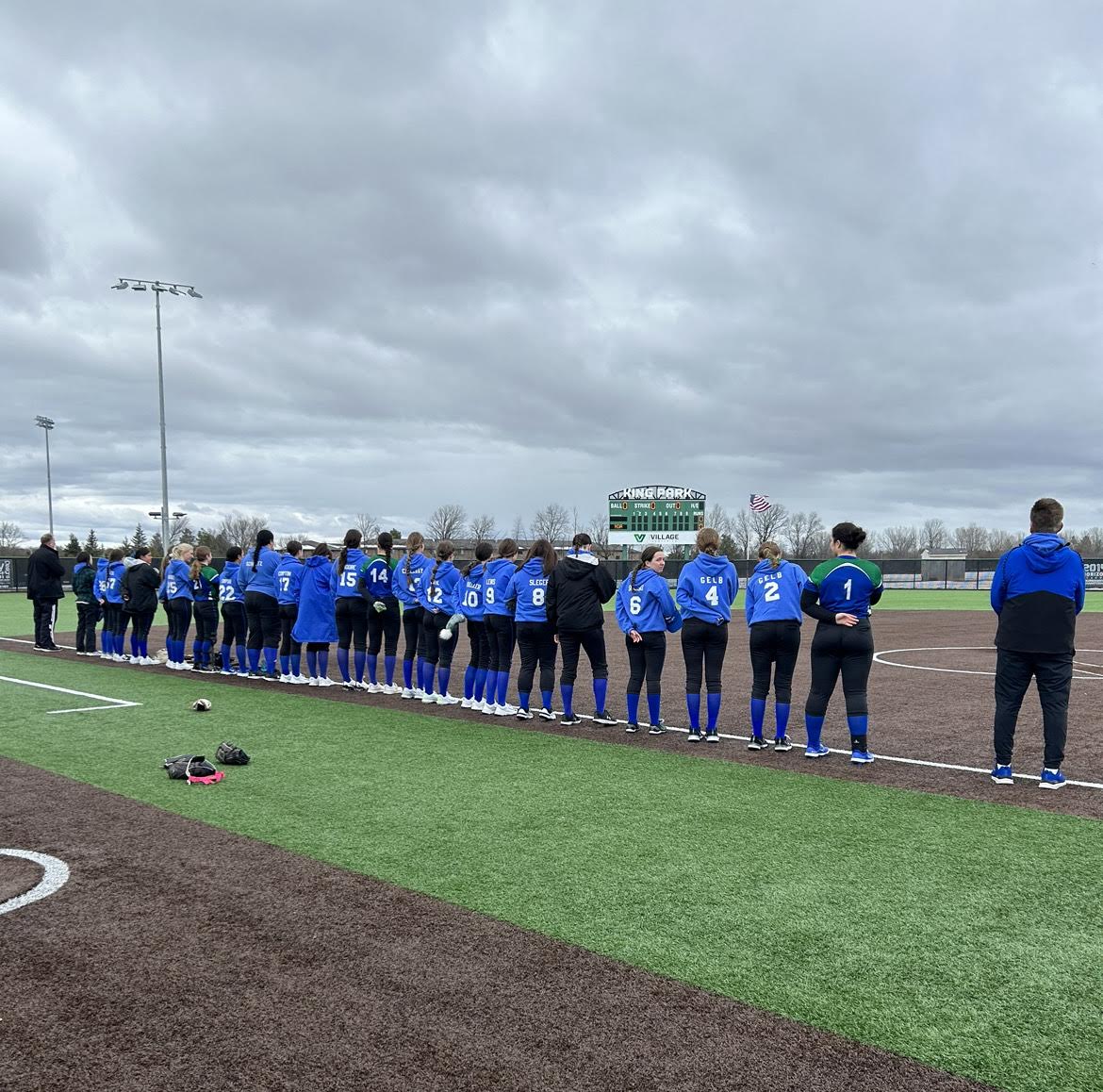
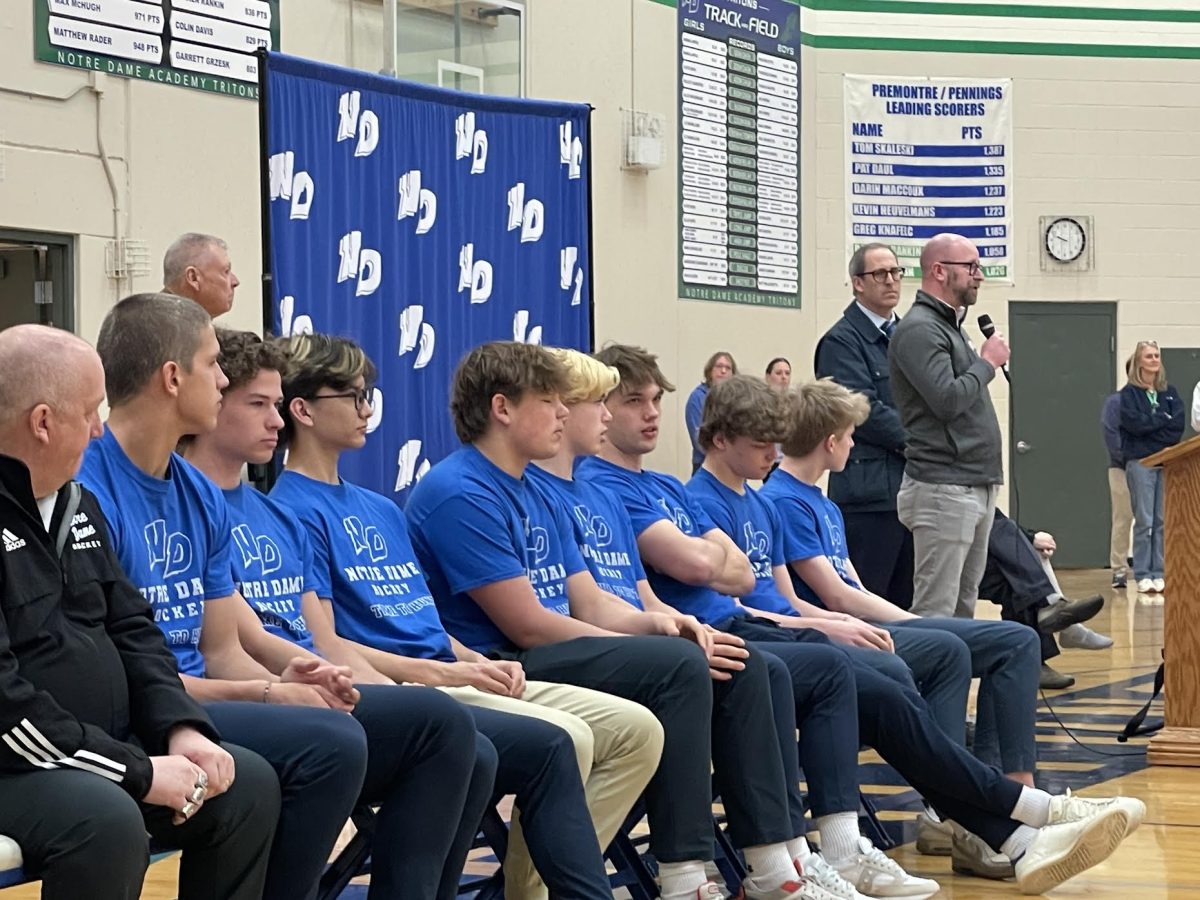
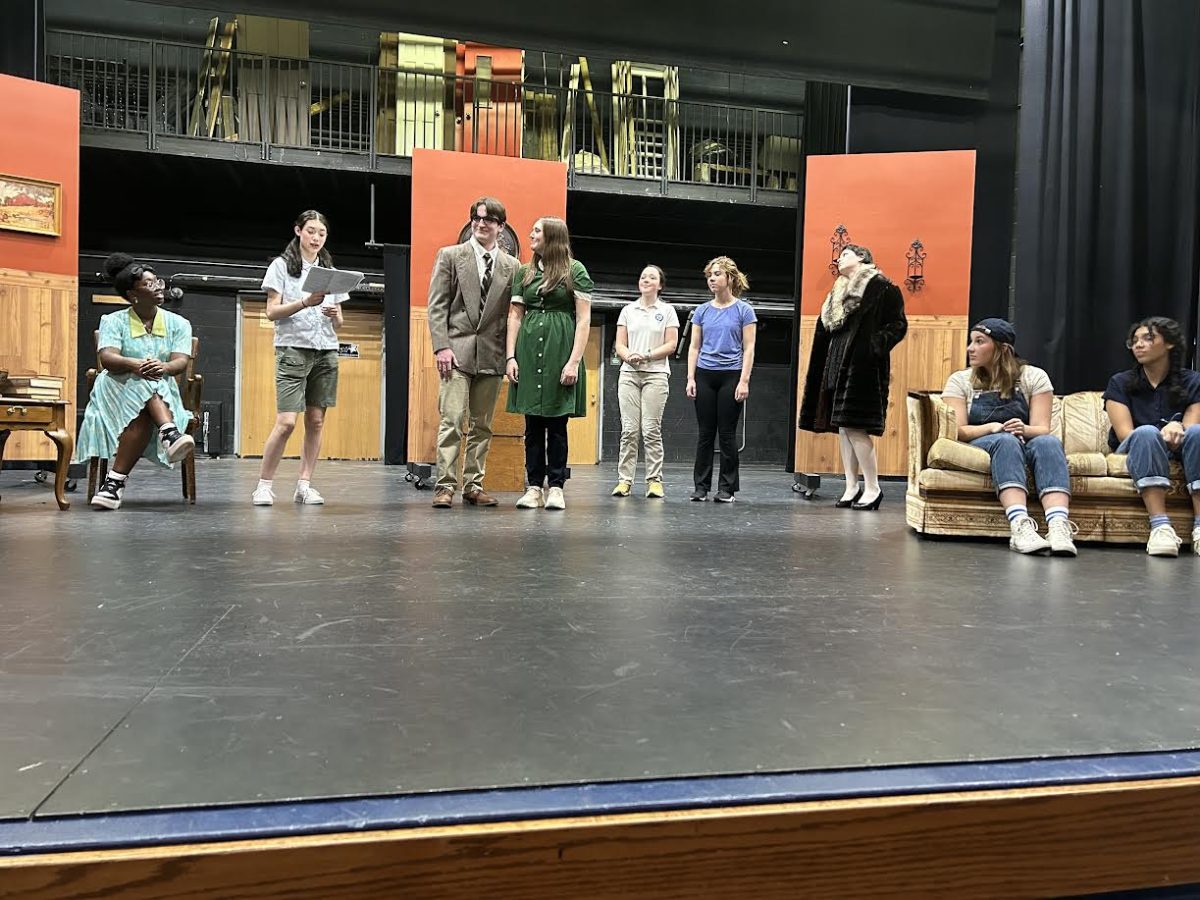


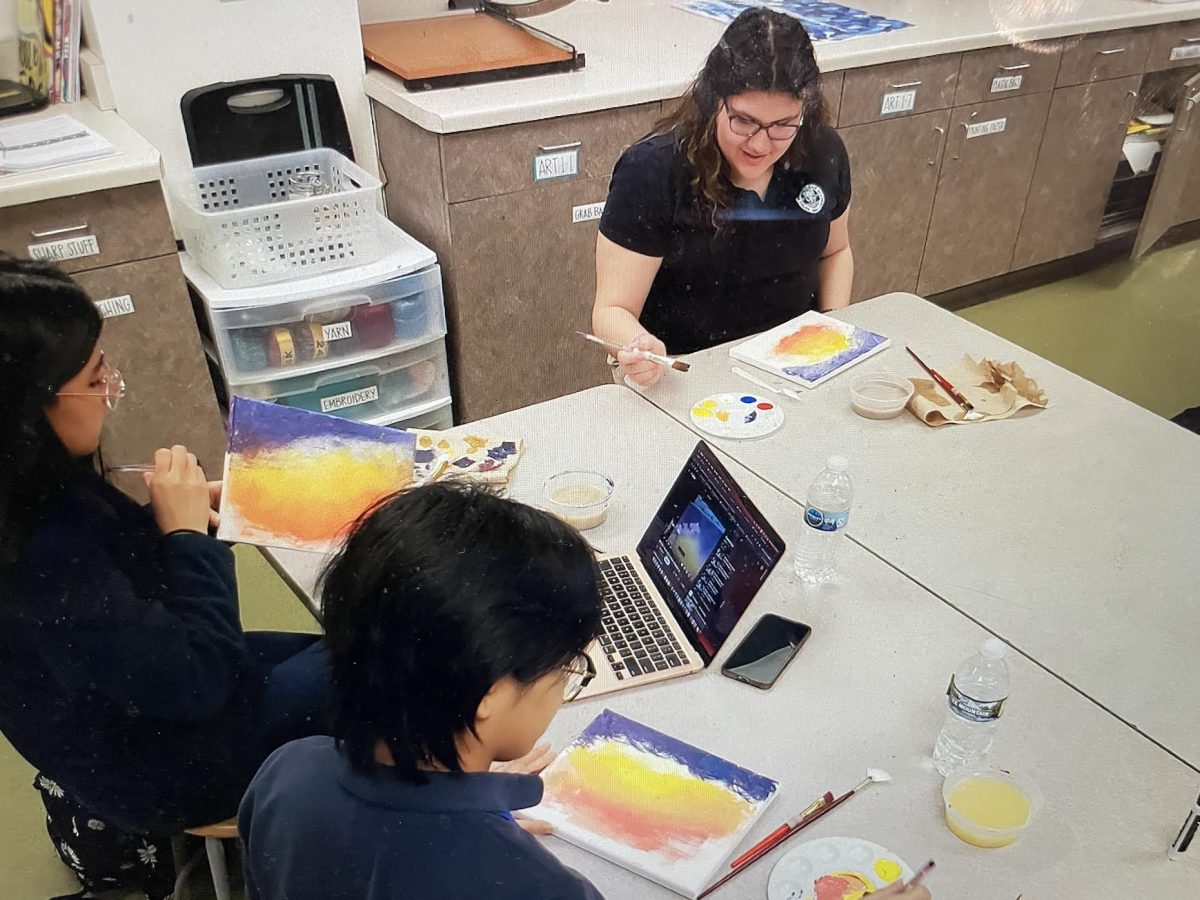
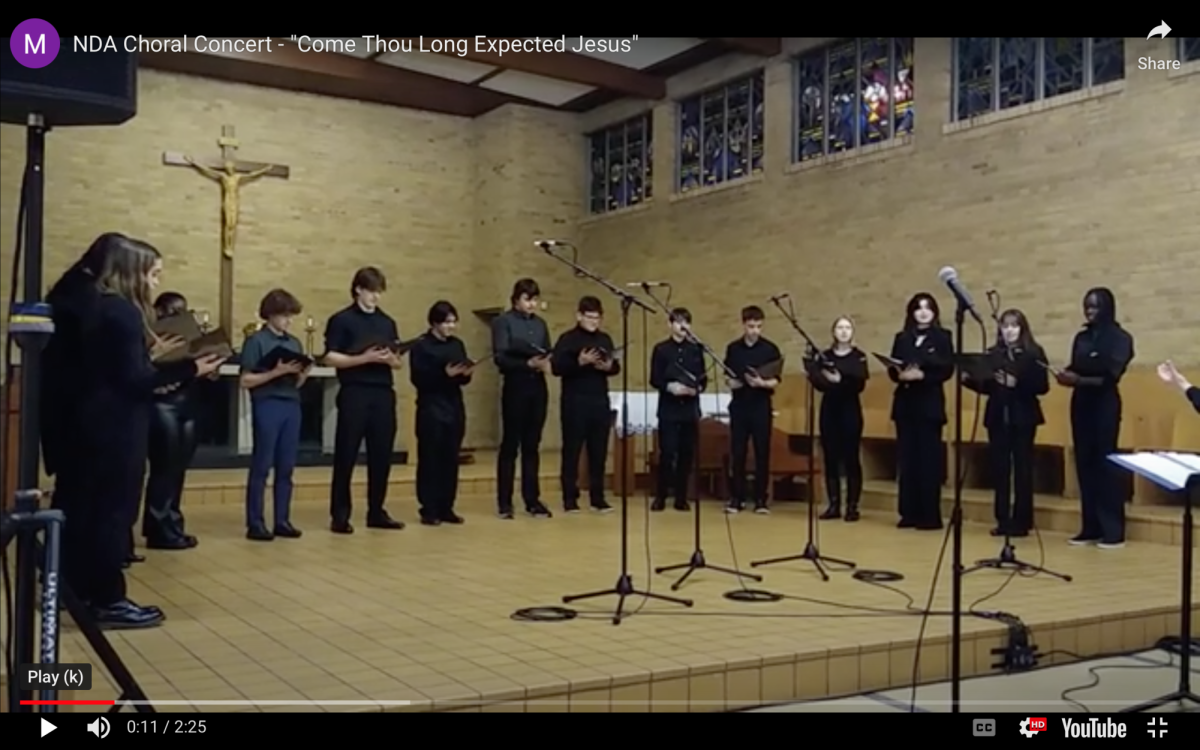

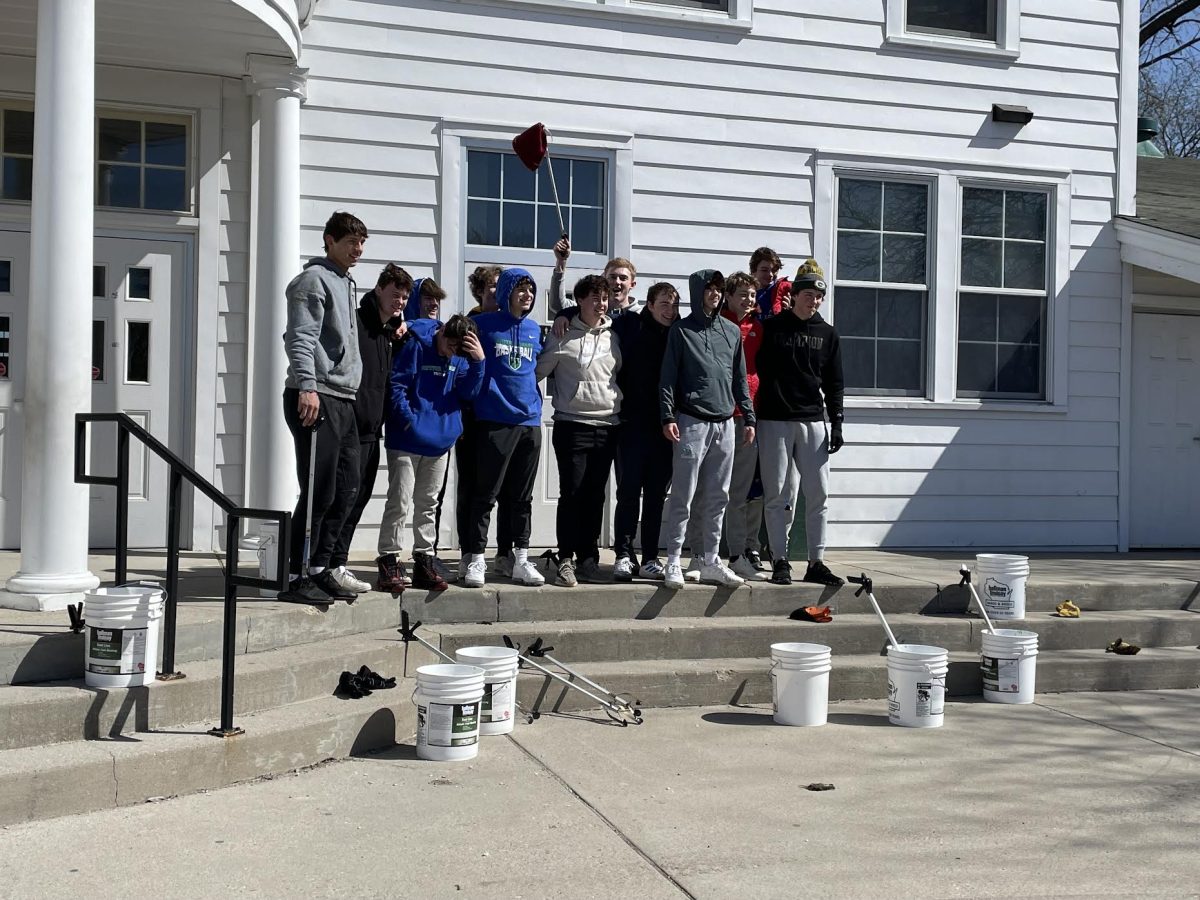

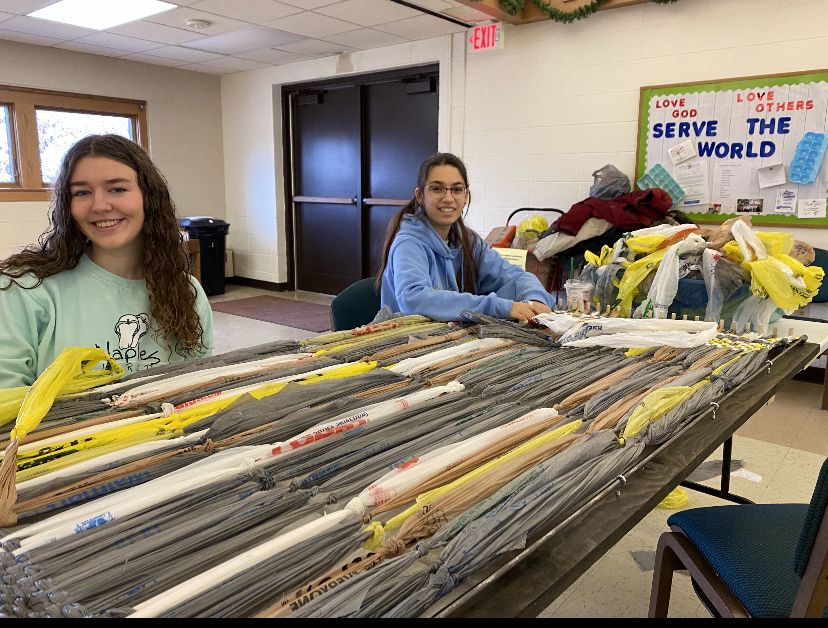








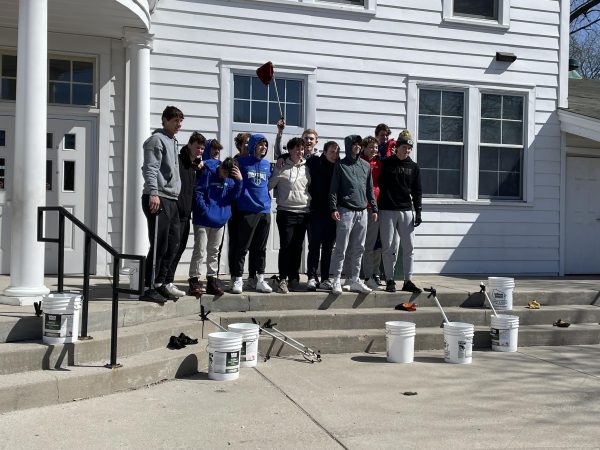

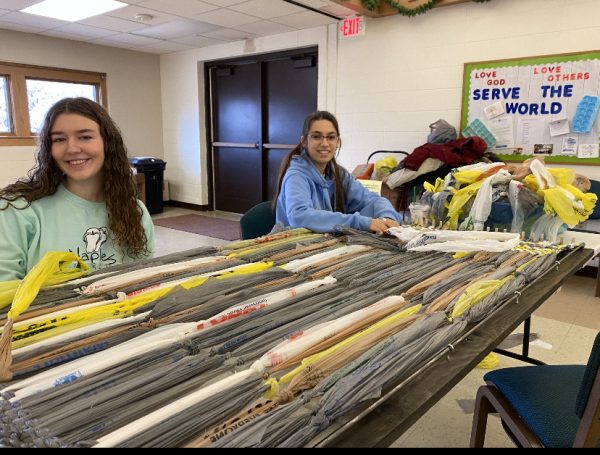


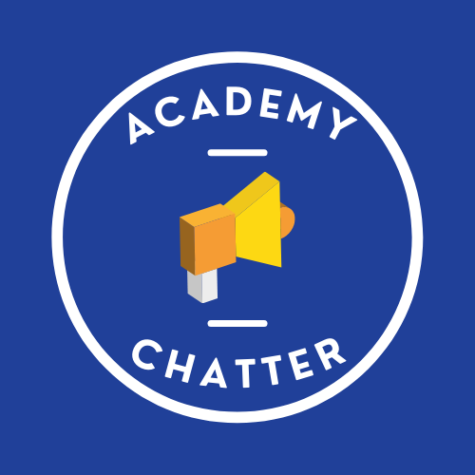
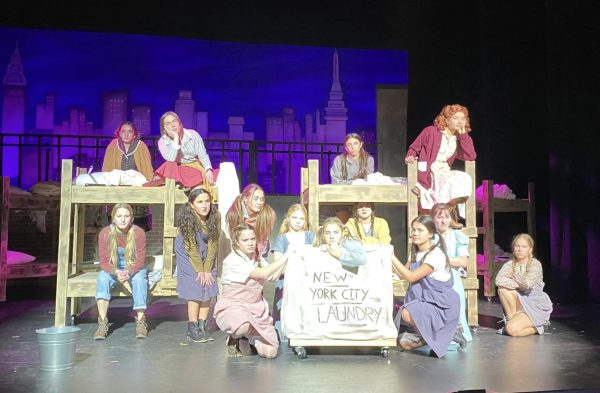
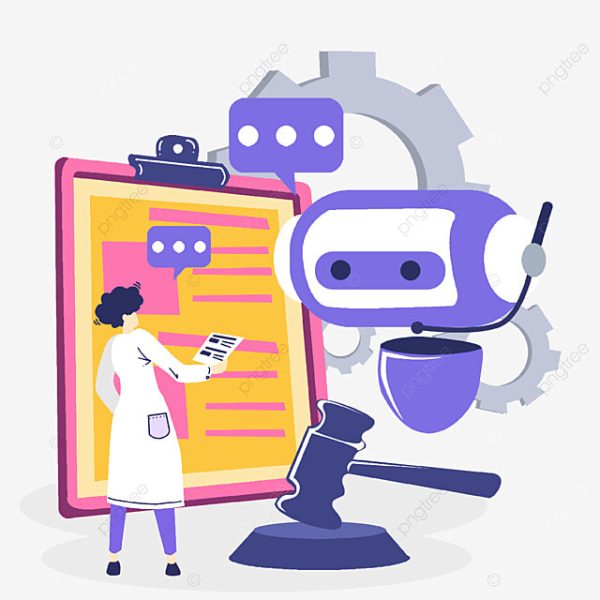
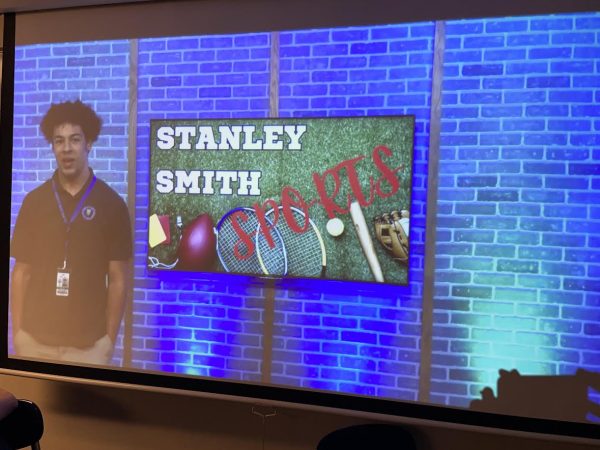

sake • Dec 5, 2017 at 9:49 pm
Nice siteXD keep it up helped me alot to debate about TvT